If you have any doubts about whether cryptocurrency will remain a profitable investment in 2021 in the context of the COVID-19 pandemic, you should not even doubt it. It remains only to decide on the choice of asset.
The most promising cryptocurrency of the next year
It’s true that the pandemic has hit the stock market, and cryptocurrency is no exception. However, investing in cryptocurrencies has helped investors diversify their portfolios, minimize their losses, and embrace market turbulence.
If you’ve already thought about investing in cryptocurrency, your first thought must have been “let’s invest in Bitcoin”. The fact that there are more millionaires in the world than Bitcoin shows how limited their supply is. Bitcoin is a profitable investment but it is only the tip of the crypto space. New tokens appear on the crypto market every single day.
Today, we take a look at the most promising cryptocurrencies to invest in in 2021, their highlights and obstacles, and their purpose and target audience to help you make an informed investment decision.
Bitcoin (BTC)
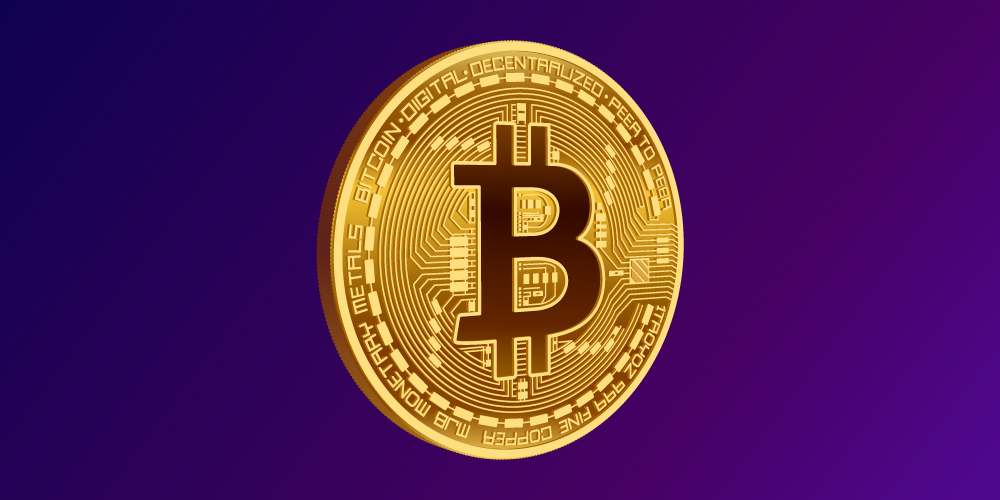
When people think about cryptocurrency, Bitcoin (BTC) is the first digital asset that comes to their mind. This is because it was the world’s first crypto, and it continues to be the most popular and profitable among them.
In 2008, a developer (or group under this pseudonym) known as Satoshi Nakamoto published a white paper introducing Bitcoin, its peer-to-peer payment network, and the underlying blockchain technology to the world. In early 2009, the Bitcoin blockchain was opened to the public.
Bitcoin has managed to maintain stable price growth despite periodic setbacks. At the moment, the market capitalization of the coin is more than $ 310 billion, and it owns 40% of the total market capitalization of cryptocurrencies. At the beginning of the pandemic, the BTC experienced a slight decline, but later it surpassed most of the world’s assets.
Even Nakamoto himself could not have foreseen the extent to which the crypto asset would grow and transform the financial system we once knew. For the first few years, it cost only a few dollars, and today 1 BTC is worth more than $ 16,700.
In a recent report, Kraken Intelligence researchers went so far as to predict that the price of Bitcoin will reach $ 350,000 by 2035, mainly due to its fixed supply and high demand. One way or another, there is no doubt that it remains a profitable investment for 2021.
Ethereum (ETH)
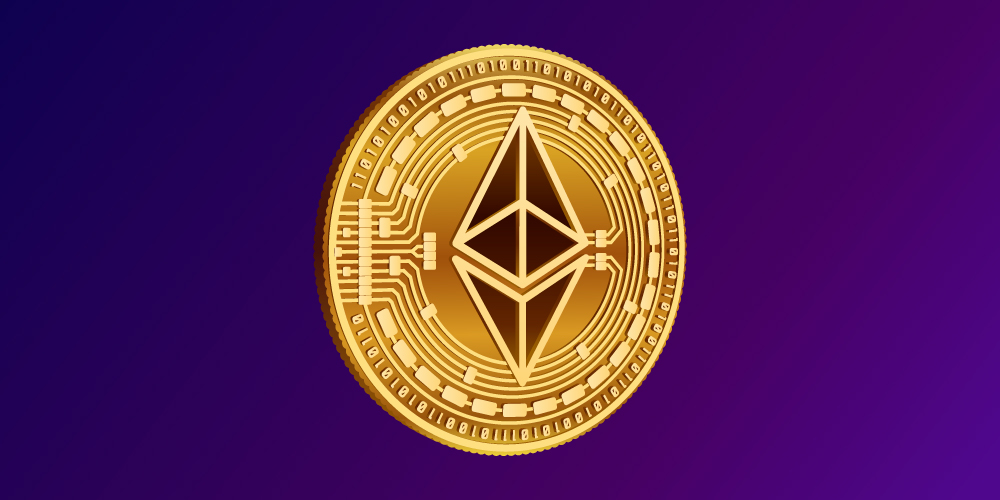
Ethereum is the second most popular crypto network, launched in 2015 by Russian-canadian software developer Vitalik Buterin.
Buterin did not create Ethereum to compete with Bitcoin. The main idea of his project was to show that blockchain technology can be used for other purposes besides decentralized digital payments.
The native digital currency Ether (ETH) has a dual function: it can be used as a mean of saving money for buying goods, or as a service token to cover the costs of Ethereum services such as self-executing smart contracts and decentralized applications (dApps). .
The Ethereum platform allows clients and conduct business in an unreliable environment without any intermediaries.
Ether is more affordable than BTC because 1 ETH now costs about $460. This may seem like a less attractive investment at first glance if you are looking for quick money, but Ethereum is more than just a form of digital money.
What makes Ether even more attractive for investment
these days is the expected launch of the Ethereum 2.0 blockchain, which will
mark the network’s transition to the Proof of Stake (PoS) consensus mechanism.
Unlike PoW, PoS significantly reduces energy and power consumption, and allows
the use of stacking technology.
The main reason why Ethereum will remain an attractive investment is its
leading position in the financial technology industry. The Ethereum network is
a place where developers can experiment and create new decentralized financial
services at a low price. A clear pre-measure can be the rise of DeFi.
Litecoin (LTC)
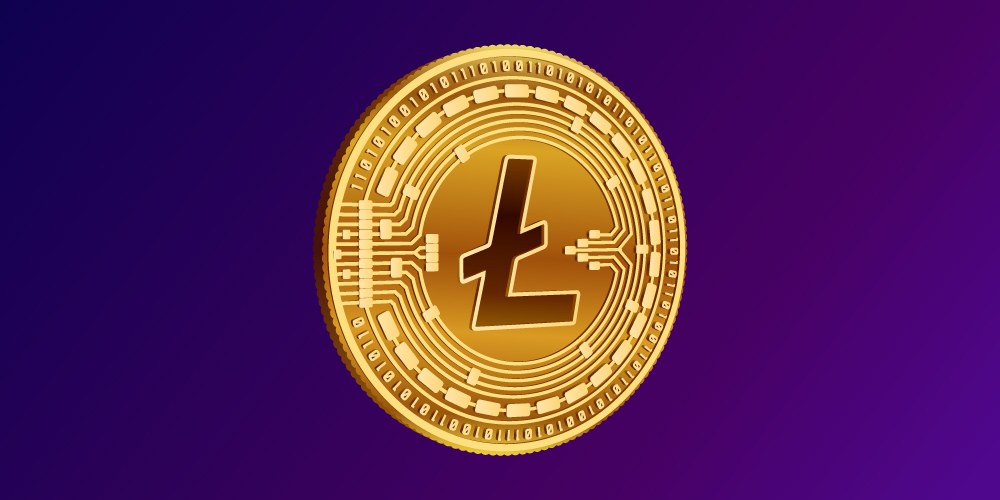
Litecoin is one of the first virtual currencies on the market. It was developed in 2011 by Charlie Lee, a former Google employee. As one of the first bitcoin enthusiasts, Lee quickly noticed some of Its shortcomings and decided to fix them in his own crypto project.
For example, BTC generates a new block every 10 minutes, and Litecoin does it four times faster. Further, while the Bitcoin blockchain can only process 7 transactions per second and Ethereum can only process 15, the Litecoin blockchain can process up to 56 transactions per second.
Another advantage of this digital asset is that thanks to the script algorithm implemented by Lee, miners can generate new coins using GPUs, instead of the more expensive Bitcoin ASIC miners.
These features make Litecoin ideal for small everyday purchases, unlike Bitcoin, which is mainly used for long-term investments and large purchases. This is how Litecoin was named “silver compared to Bitcoin’s gold”. For example, in September 2020, the number of Litecoin transactions exceeded 130,000 after the launch of a decentralized fantasy game called LiteBringer, in which users must make micropayments using LTC.At the moment, the value of the crypto asset is $ 73.4.
Ripple (XRP)
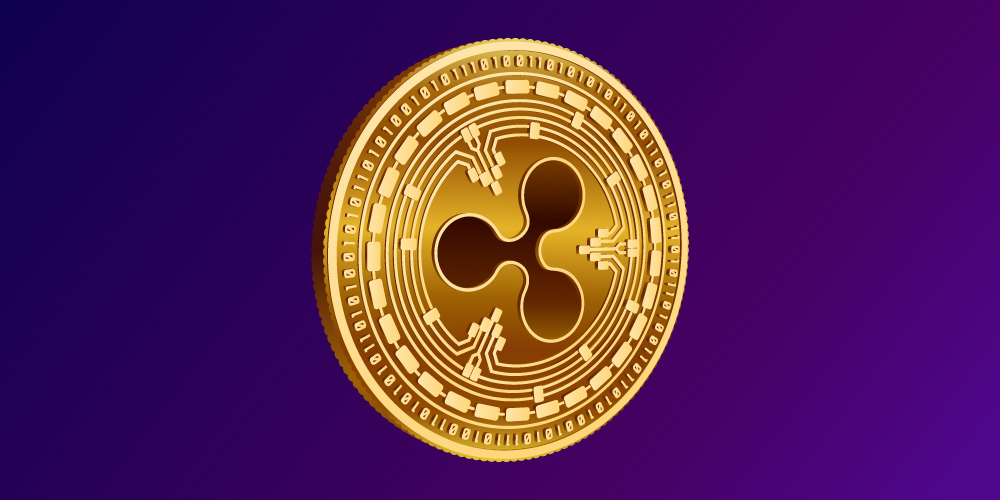
The name Ripple is used to refer to both the digital payment network and its own crypto asset, XRP, the fourth-largest crypto by market capitalization.
Launched in 2012, Ripple is a collaborative project of OpenCoin developer Ryan Fugger, software engineer jed McCaleb, and angel investor Chris Larsen. Their main incentive was to develop a platform that would simplify the exchange of values, like the exchange of information.
The Ripple team is challenging our outdated cross-border financial system in an era when sharing information online takes just a few seconds.Instead of using money services like SWIFT to make international payments, pay huge fees, and still wait up to one week to complete their money transfers, Ripple suggests using blockchain technology for fast and low-cost cross-border payments.
The biggest beneficiaries of their services are institutional investors and banks that need to transfer large amounts of money across borders. From the very beginning, Ripple was supported by leading Central banks, including Yes Bank, Union Credit, UBS, NBAD, Santander, Axis Bank, Westpac, etc. D. despite the fact that Ripple (XRP) costs only $ 0.29, this is a great investment opportunity in the coming year.
Bitcoin Cash(BCH)
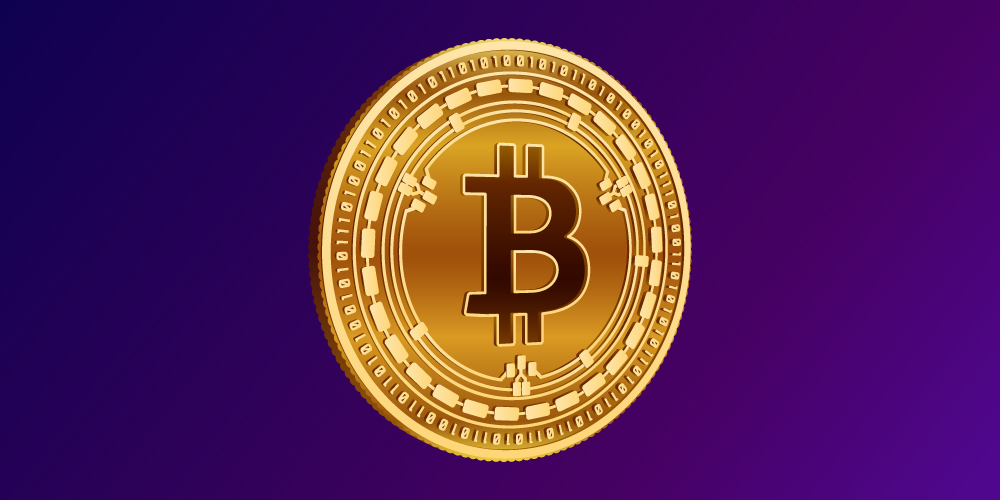
Bitcoin Cash (BCH) is best known as one of the first
successful “hard forks” of the original Bitcoin blockchain.
In the crypto world, there is no central authority that can make decisions
about future changes to the network and code. Instead, netizens vote to reach a
consensus based on their mining mechanism. This can lead to minor changes to
the blockchain, i.e. a “soft fork”, or the creation of a completely
separate block chain if the community cannot find a mutual solution.
In 2017, the bitcoin community began a serious debate
about the scalability of the blockchain. One group argued that due to the high
transaction throughput, bitcoin should increase the block size from 1 MB to 8
MB. However, another group believes that Bitcoin should adhere to the original
Nakamoto Protocol.
In August 2017, the first group conducted a hard fork of the Bitcoin blockchain
and created a new cryptocurrency, Bitcoin Cash, with an increased block size of
up to 8 MB and a four-fold faster transaction time.On November 15, history
repeated itself.
Another hard fork of Bitcoin Cash was
the result of a disagreement over a new software rule that some BCH miners, led
by chief developer Amory Sechet, wanted to install. The new policy will require
the reallocation of 8% of the extracted BCH to Bitcoin Cash ABC( BCH ABC), as a
way to Finance the development of the Protocol.
But this does not prevent the coin from being a fairly popular investment tool, the cost of which today is $252.
ZCash (ZEC)
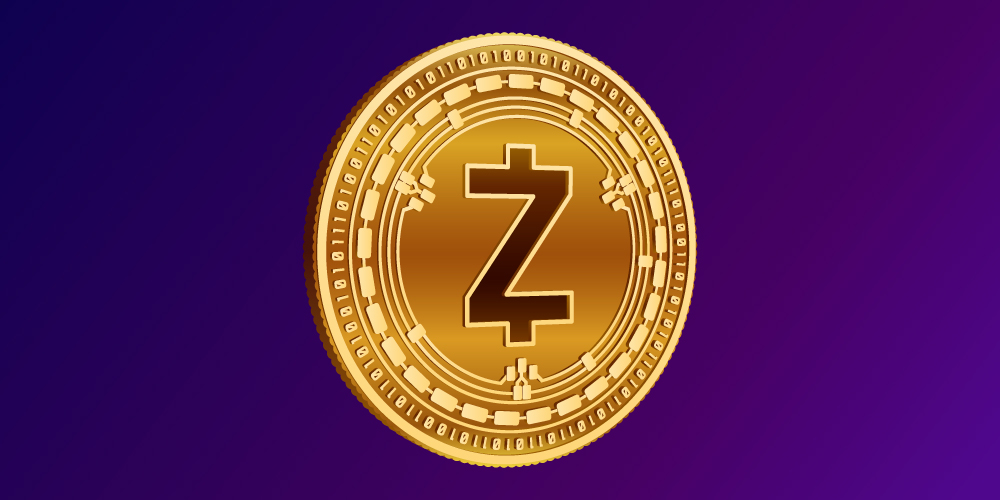
ZCash began its ascent back in 2013, when a group of crypto enthusiasts suggested that BTC at the time include a privacy extension called Zerocoin. The proposal was rejected by the main developers with the explanation that it was too expensive and impractical.
However, the research team didn’t back down and hired
developer Zuko Wilcox, and ZCash was created by developer Zuko Wilcox and
launched in 2016.
Although Wilcox himself is a Bitcoin enthusiast, he believes the coin failed to
deliver the promised level of privacy. He made a hard fork of the Bitcoin
blockchain and created a new network cryptocurrency (ZCash or ZEC) that tries
to solve this problem.
First of all, ZCash is four times more scalable than BTC and generates a new
block in just 2.5 minutes. ZCash then uses the “zero-knowledge proof”
Protocol, which allows the blockchain to hide the identity of the sender and
recipient. Instead of publicly showing their encrypted wallet addresses, the
asset can verify transactions without exchanging such keys.
ZCash has already attracted the attention of major industry players and
companies, including JP Morgan, who are exploring ways to incorporate the
zero-knowledge Protocol into their own project.
The crypto asset is currently trading at a price of $ 65.6.
Stellar Lumens (XLM)
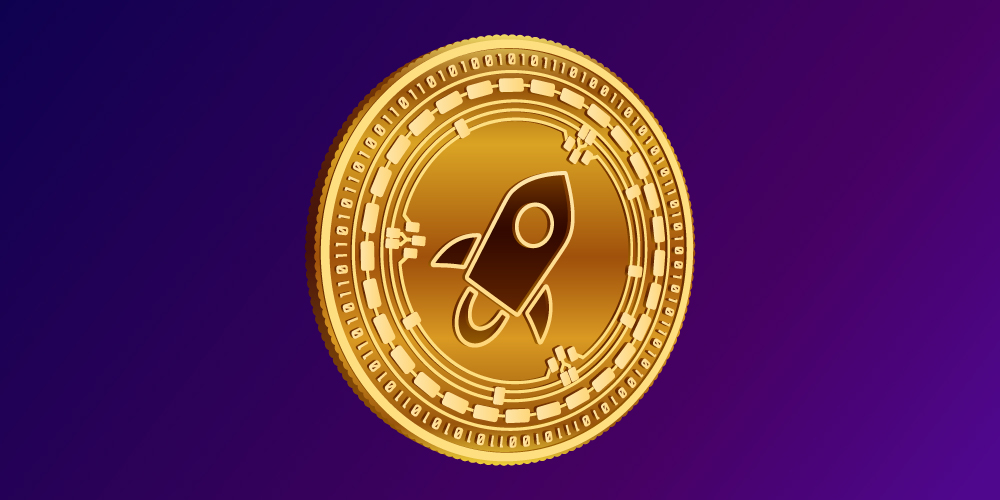
Stellar Lumens (XLM) was launched in 2014 by jed
McCaleb after he left the Ripple team due to a misunderstanding of how the
project should move forward.
As with XRP, Stellar’s goal is to make money move as fast as any information on
the Internet. Its payment network aims to provide fast, cheap and secure
cross-border payments. While Ripple is focused on financial giants and
institutional investors, Stellar’s services are available to everyday customers
or retail traders.
You can use Stellar when launching an ICO for your own startup. Although it is
not the only blockchain-based platform that offers a start-up dashboard
service, it is more user-friendly than some of the popular alternatives (such
as Ethereum). Mobius Network, Smartlands, and SureRemit conducted their ICOS
through Stellar.
The only prerequisite for using Stellar is to own XLM tokens, which not only
serve as a store of value, but also protect the network from spam accounts.
And the cost of this altcoin is $ 0.08, which makes it attractive and accessible to everyone.
Why invest in cryptocurrency
Cryptocurrency has changed our monetary system forever, because it has shown us that we can have a faster, more transparent and reliable way to conduct monetary transactions.
Most crypto assets have high liquidity and are really easy to buy, unlike some investments with notoriously high thresholds. You just need to find a reliable online platform and register an account.
Bitcoin and other crypto assets allow investors to turn their money into currencies that are not subject to manipulation not only by Central banks, but also by global financial institutions. It is not surprising that the number of people who keep their cryptocurrency assets in their accounts is growing.
There are also investors who decide to invest in cryptocurrency because they have realized the importance of portfolio diversification. It is much better to invest in multiple asset classes to minimize the risk of losses.
You can argue that cryptocurrencies are risky assets, but the same can be said for any investment. If you carefully study the market and pay attention to its movements and trends, there is nothing to be afraid of.


